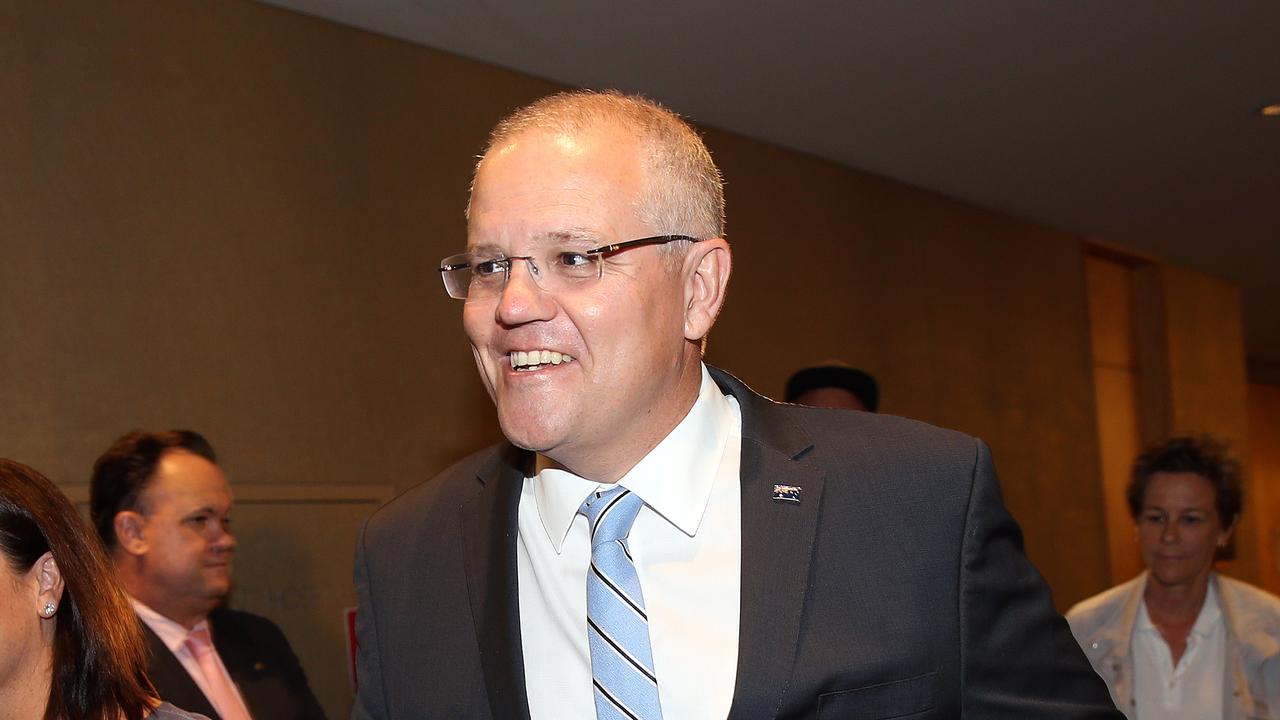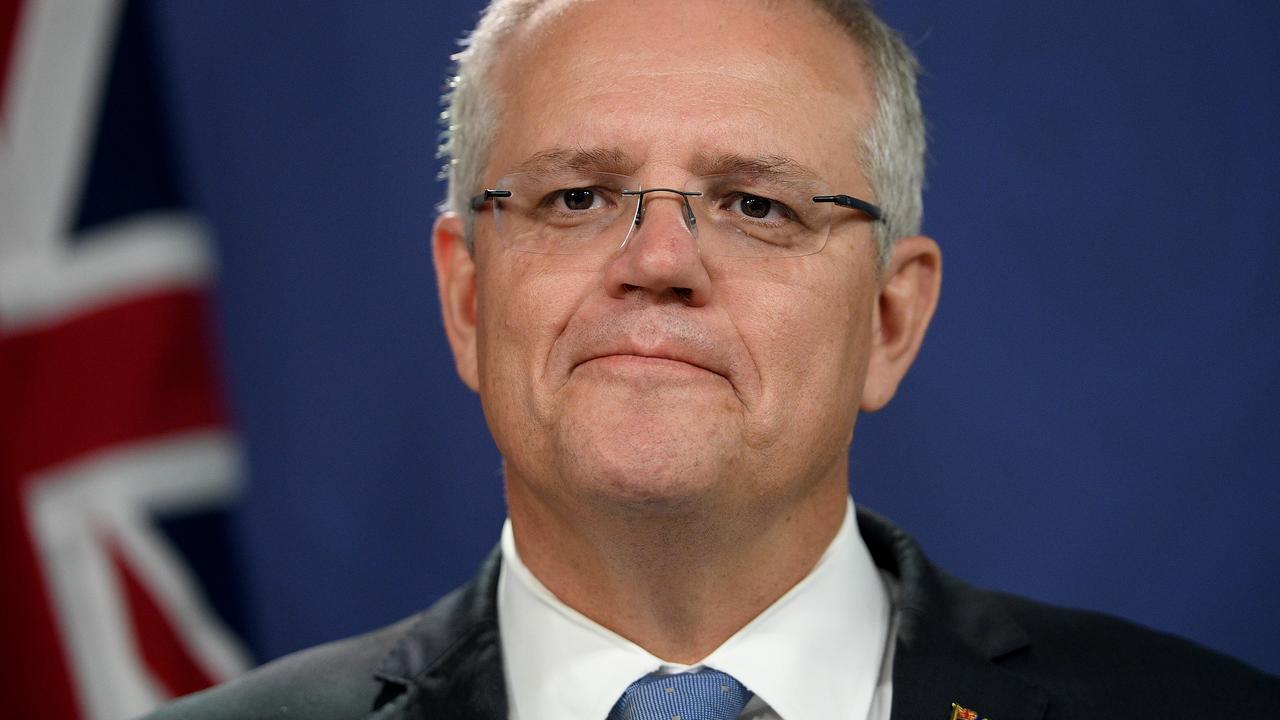Malcolm Turnbull is enthusiastically claiming credit for the success of the same-sex marriage postal survey and enjoying positive momentum. But he is missing a vital political opportunity that Bill Shorten is seizing.
Instead of giving reassurance to the sizeable minority that voted No, ensuring sensible legislation is passed as soon as possible and then moving on to energy and jobs, the Prime Minister is basking in the rainbow accolades and revisiting the arguments of the campaign.
In a burst of radio and TV appearances yesterday, Turnbull, understandably, sought to identify as much as possible with the same-sex marriage victory. But the euphoria interfered with the necessary next phase of political management. There is no time for indulgence or euphoria.
The Opposition Leader is taking a better political line: stating Labor’s position, expressing respect for No voters, offering reassurance on religious freedoms and promising to get the legislation “out of the way and to move on”. The last point is crucial: the electorate spoke clearly on same-sex marriage and legislation should be passed. But for all the euphoria there is a countervailing feeling that the issue needs to be dealt with as quickly as possible so normal business can resume.
For all of that to happen there needs to be a quick healing of divisions created during the campaign, the losers need to be reassured on religious protections, a parliamentary settlement needs to be brokered to legislate before Christmas and political leaders have to get on with their jobs.
There are political imperatives for both sides to get on with debate, get it out of the way and not alienate those who voted No. Labor has a readily identifiable challenge from voters in western Sydney and the Coalition a more general disaffection.
When asked about the No vote yesterday Turnbull responded: “Many people, you know, bit over 38 per cent have voted No but their voice has been heard and is respected but in a democracy, the majority prevails”.
Despite George Brandis saying the proposed amendments were there to “provide reassurance to people who are concerned that the effect of this bill, might in some way, be to inhibit religious freedom or freedom of conscience” Turnbull revisited the arguments of the campaign.
Scott Morrison also embarked early on a public campaign to get protections for parents included in the debate and to ensure conservative No voters knew there was someone trying to stand up for them despite the loss.
Peter Dutton, who conceded he was criticised for not going far enough during the debate, sought to settle differences over what should be in the same-sex marriage bill and what could be put off for a separate religious freedoms debate “in the new year”.
In his media campaign yesterday Shorten concentrated on the debate to come, not the campaign past, as well as being conciliatory to the No voters.
“I also just want to remind Australians that the people who voted No were entitled to their opinion and I respect that,” Shorten said.
“I think now is the time for us to just get on, do marriage equality and get onto all of the other issues including making sure that Australians are getting properly paid.”
Shorten looks to have more direction and intent than Turnbull after the same-sex vote and again looks to be better politically prepared.




To join the conversation, please log in. Don't have an account? Register
Join the conversation, you are commenting as Logout